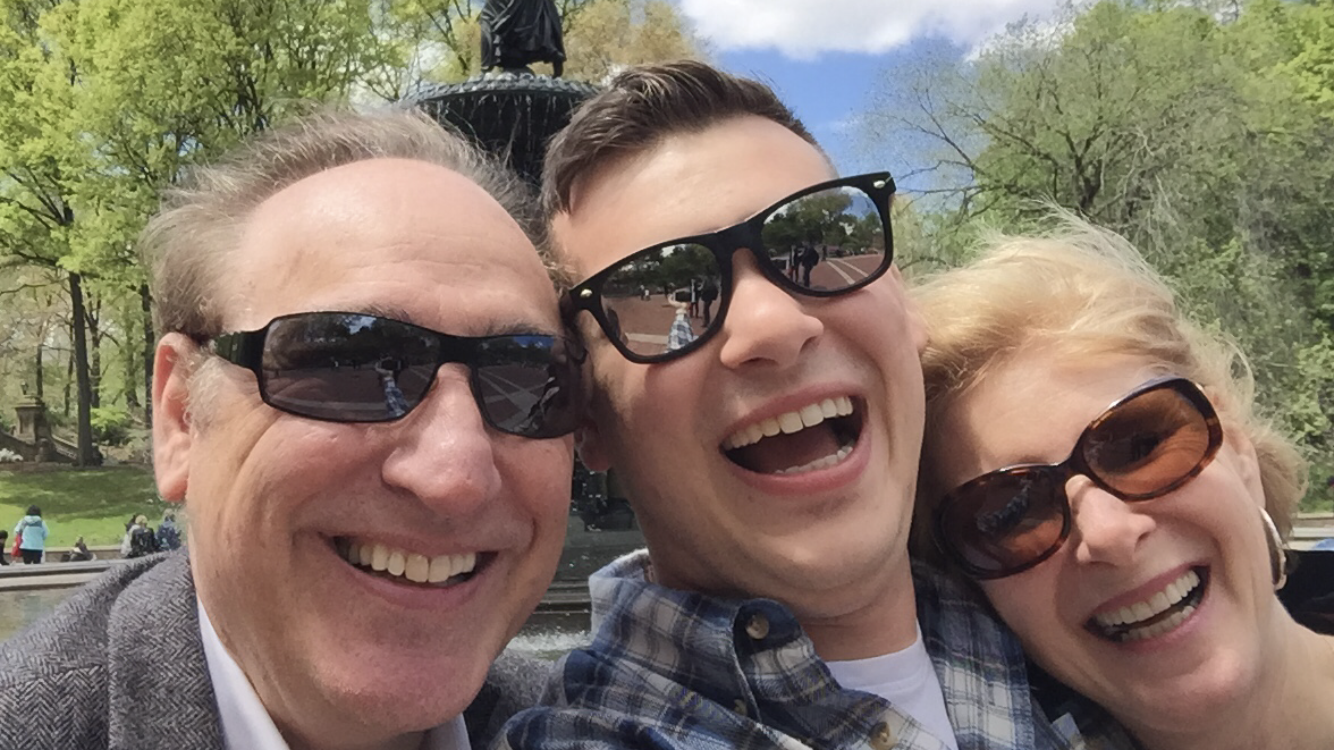Can you think back to a time when you messed up bad on something that you committed a lot of time and care to? Something really important to you.
Well, I recently messed up big time and I’m hoping my story will give you the gift it gave me. My mess up has to do with myself alone, and yours may even have to do with other people, but the wisdom to be had applies either way.
I forgot to meditate! Big deal you might say. But I forgot to meditate after meditating for 1195 days in a row! That’s 3 and 1/3 years in a row! It might not sound earth shattering in the big picture of life, but my back story will show you why it means so much to me.
I had meditated frustratedly on and off over the past 40 years never with any consistency. It was using the Insight Timer Meditation app that supported me in building my habit. The Timer tracks our daily meditation. For every 10 days in a row, you get a star. The teacher in me loves the stars (I’m being honest), and the competitive part of me saw that many other meditators on the app were consistent, so I was going to be consistent, too! Before this mess up, I had meditated 230 days in a row and missed it at the stroke of 12:01 AM on vacation! I was determined to never let that happen again. And I didn’t for 3 and ½ years till…NOW.
See the Big Picture
“Gus I’m in shock! I didn’t meditate yesterday!” I sinkingly announced staring at the #1 on top of my app meditation tracking screen.
“I’m so sorry, honey. I know how much your record means to you. What happened?”
“I guess I was so tired rushing to my 8:00 AM zoom meeting followed by coaching right afterwards, that it didn’t register that I hadn’t meditated.”
Ever the man of wisdom and perspective, Gus reminded me, “It’s more than the numbers. Think of all the good things you got meditating those 3 plus years.”
That was exactly what I needed to hear to shift out of my despair. God bless that husband of mine!
Though I felt the blame game bubbling to the surface, ready to blame myself …the zoom meeting group… my client, I stopped those useless feeling in their tracks. It’s OK Gailie. You’ve done your darndest to be consistent, I whispered to myself gently and empathically. Then I reflected on my husband’s brilliant, simple reminder: What’s most important here?
Though I’ve been so proud of my ever-growing consistent habit, it’s the benefits of the habit that matter most. When challenged with a major disappointment, meditation has supported me in not overreacting and speaking kindly to myself as I would to anyone else.
My calamity inspires me to shift to BIG PICTURE insight. Though my dear record is broken, I still have a continuing record of 1576 days and 180 stars to be proud of. Oh, the ways we’re prodded to think out of the box to feel better!
How about you? What have you messed up on lately? Something you said that caused a rift in a relationship? Some bad judgment on a decision? Not taking an action you wish you had? Here’s some takeaways to help you gain perspective to keep moving forward.
Your Takeaways
1. Forgive yourself for messing up and being human. When we do something that disappoints ourselves or another person, the first step that’s key is to forgive. To err is human. Judgment and blame zap our energy from taking a next positive step.
2. Speak with empathy and kindness to yourself. We have a continuous inner dialogue going on. The way we speak to ourselves impacts if we spiral out of control with negativity or stop the disappointment in its tracks. Speak to yourself with the kindness and comfort you would give a child or your dearest loved one.
3. Reframe negative thoughts about your mess-up. This is a coaching perspective. When our negative feelings begin to spiral, we tend to develop black and white thinking. It’s all bad. That is viewing your situation from a limited perspective. A reframe is seeing the positive that exists amidst the disappointment or challenge. In my case I reframed the thought, I ruined my meditating record, to I still have the daily habit and I know I have a total of 1576 days and counting.
4. See the big picture. When you recognize a definite mess up, ask yourself what’s most important here? Or What matters most? Or What can I learn from this situation? These questions help us shift from our emotions to our higher self-perspective, where our wisdom lies. Seeing the bigger picture enables us to look to the future and see the possibilities to take positive action.
5. Make amends. If your mess-up involved another person, once you’ve gotten perspective on your part in causing the hurt or misunderstanding, take responsibility, own what you did, and if appropriate say you’re sorry.
Each of these steps are about moving forward in a positive direction.
What better support to see the bigger picture than The Serenity Prayer.
“God grant me the Serenity to accept the things I cannot change, the Courage to change the things I can, and the Wisdom to know the difference.”
Would you like some help seeing the bigger perspective? Contact me for a free 1-hour coaching session to help you begin the process of accepting mess-ups and your humanity. gail@uppcoach.com That stands for Unleash Your Positive Possibilities. Check out my website as well, www.uppcoach.com





